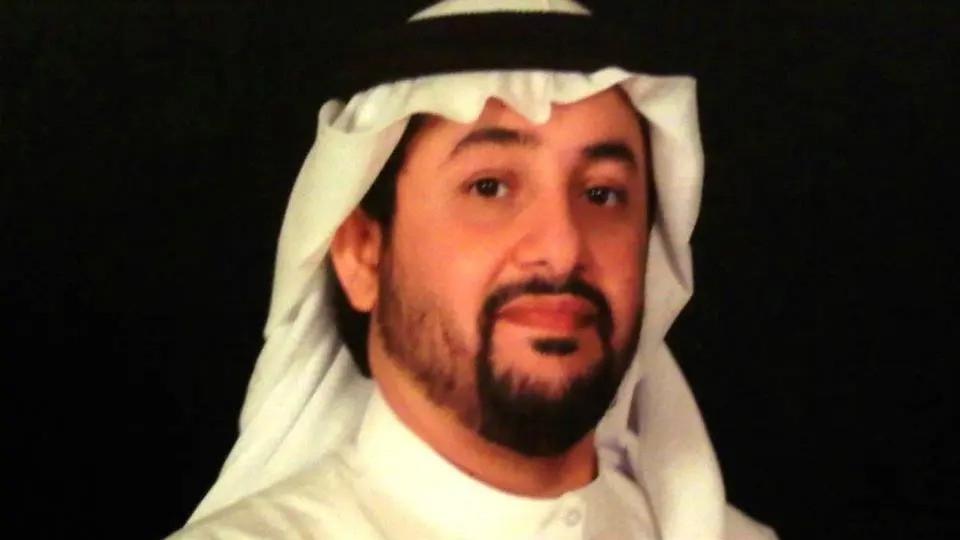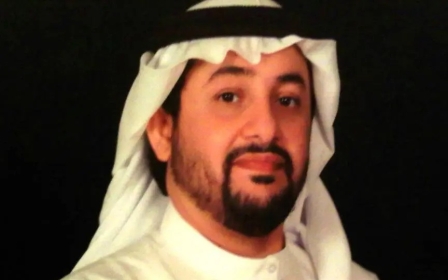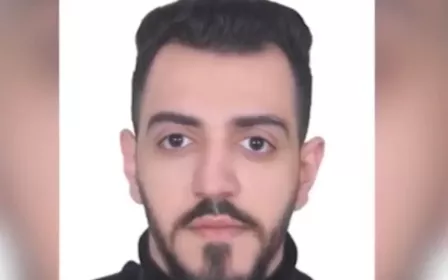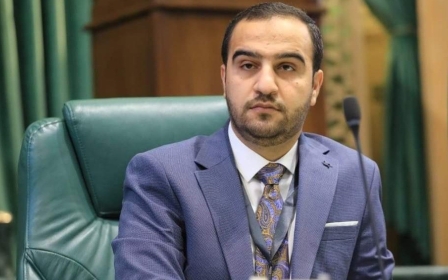Fears grow businessman detained in Jordan extradited to UAE after going missing

The family of a Turkish-Emirati dual national are sounding the alarm a week after he disappeared in Jordanian custody, fearing he may have been extradited to the United Arab Emirates.
Khalaf Abdulrahman al-Romaithi, 58, was convicted by an Emirati court in 2013 in a mass trial of 94 critics of the Emirati government - dubbed the "UAE94" - which human rights groups have widely criticised as grossly unfair.
Convicted to 15 years in prison in absentia, Romaithi has been living in Turkey. On 7 May, he travelled from Turkey to Amman where he was detained at Queen Alia International Airport after a biometric check brought up a warrant that Jordanian police issued at the UAE's request.
He was released on bail but was rearrested a day later by plainclothed police officers. At a hearing on 9 May, his lawyer says a copy of an extradition request from the UAE was presented and he was transferred to prison awaiting a 16 May hearing.
Romaithi's family and lawyer say this was the last time they saw or spoke to him.
New MEE newsletter: Jerusalem Dispatch
Sign up to get the latest insights and analysis on Israel-Palestine, alongside Turkey Unpacked and other MEE newsletters
With unconfirmed media reports claiming he arrived in the UAE, but no official word from the governments of Jordan, Turkey, or the UAE, his supporters say they fear the worst.
"It is unacceptable that the family have been left in the dark for over a week about his location and fate," said Haydee Dijkstal, a barrister with the UK-based 33 Bedford Row, who is representing Romaithi.
"There is justifiable fear that he has been forcibly disappeared and extrajudicially extradited to the UAE in violation of international law.”
Risk of torture
If returned to the UAE, human rights advocates have warned that Romaithi is at risk of enforced disappearance, arbitrary detention, torture, and ill-treatment based on his conviction for exercising his right to free and peaceful expression.
Dijkstal said when there is information that an individual is sought as part of a free speech crackdown and there is a demonstrated risk of torture upon extradition, international law "demands that extradition is not carried out and the individual's rights against torture are considered as paramount".
On Thursday, Hamad al-Shamsi, executive director of the London-based Emirates Detainees Advocacy Center (EDAC), told Middle East Eye that a credible source told his organisation that Romaithi had been extradited to the UAE on 12 May.
'It is unacceptable the family have been left in the dark for over a week about his location and fate'
- Haydee Dijkstal, Romaithi's barrister
Shamsi said the source said Romaithi was deported to the UAE with an administrative decree made by the governor of Amman and under the auspices of the Ministry of the Interior.
This came, Shamsi said, despite a document that EDAC has obtained which appears to show a Jordanian court ordering Romaithi's release on 10 May.
Amman governor Yasser al-Adwan declined to comment on Thursday when MEE asked if he was responsible for the extradition.
Jordan's prime minister's office, the UAE embassy in the UK, and the Turkish embassy in Amman did not respond immediately to requests for comment.
Middle East Eye delivers independent and unrivalled coverage and analysis of the Middle East, North Africa and beyond. To learn more about republishing this content and the associated fees, please fill out this form. More about MEE can be found here.




